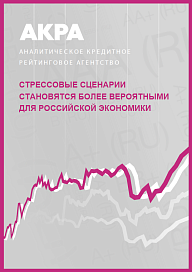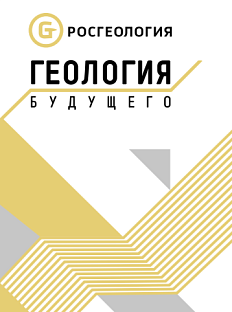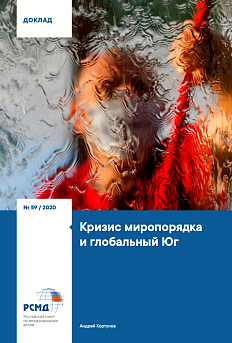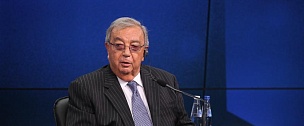Adjusting the macroeconomic outlook from April 2018, the Analytical Credit Rating Agency (ACRA) reviews its expectations assessing the probability of new sanctions against Russia as higher. The experts also predict a worsening of the negative impact of protectionist measures on the US and Chinese economies. The updated outlook for 2019-2022 mainly concerns the estimates on the long-term consequences of growing protectionism in world trade and the level of short-term equilibrium interest rates in Russia. The increase in VAT rate will trigger a one-time rise in the customer price index by 1-1.2 percentage points at the end of 2018 through the beginning of 2019. At least until mid-2019, there will be a temporary surplus in the federal budget.
Among the structural factors that will shape the development of the Russian economy in the next 5 to 10 years, ACRA names the decreasing share of working-age population, the transition to a lower inflation regime, the growing share of Asian countries in trade and finance, etc. ACRA analysts identify six external risks, such as the endogenous recession in the USA and the debt crisis in China, which can have a considerable negative effect on the economy of Russia and which have recently become more probable. Having analyzed possible implications of these risks, the authors put forward two additional scenarios (besides the baseline one) the alternative and the alternative with a financial stress. In the first scenario, GDP growth in Russia over 2019-2020 will drop below 1%, and in the second one GDP will decrease by around 2-3%.
.png)
.png)
ACRA also gives a forecast for the development of economies where a potential stress in trade relations with Russia can result in an economic decline in Russia itself. The trade war between China and the USA may temporarily slow down the economic growth in these countries due to a decrease in bilateral trade and the impossibility of rapid trade diversion or delocalization. In the scenarios without a financial stress, the growth rates may slow down by 1% for the Chinese economy, and by around 0.5% for the US economy.
Although increased borrowing usually ends in either a credibility crisis or asset revaluation as a result of market shocks, in the case with China the situation is alleviated by the countrys growth prospects which remain strong and the wide-spread practice of giving explicit or implicit government guarantees. As for the USA, launching new pipeline capacities in the second half of 2019 may lead to a significant drop in oil prices, which will outweigh the sanctions-triggered decrease in oil exports from Iran and the consequences of new OPEC+ agreements.





